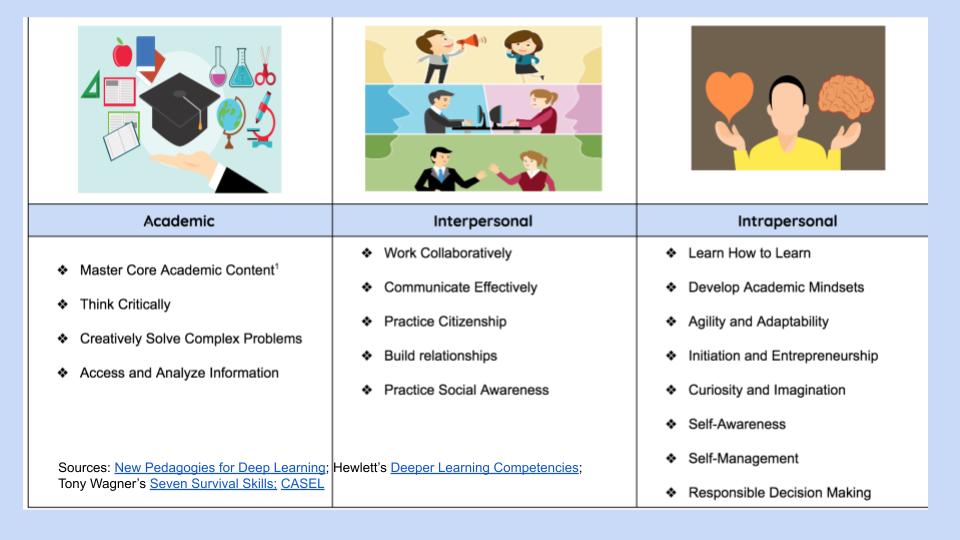
I believe that ALL students can and should learn deeply and joyfully every single day. (I also believe that everyone should find great joy–daily–in their work, but that’s for another post.)
So, what is Deep and Joyful learning, anyway? Sometimes when I wonder whether or not I should use the phrase. In particular, I worry that the “joyful” part sounds fluffy–that it sounds like I care more about superficial happiness than I do about rigorous learning. But nothing could be farther from the truth.
I liken deep and joyful learning to the way you feel after a really great run or a spin class or game of soccer. You know, how you give it everything you have, you dig deep, and you end both exhausted and elated.
It’s like that.
You see this in classrooms regularly. Students are buzzing with enthusiasm as they solve problems, make new meaning or transfer their learning in one area to another. I ask you, is this happening for all students every day in your school? If we’re truthful with ourselves, probably not.
Even setting that expectation probably feels overwhelming. After all, teachers have so many standards to cover and their jobs are so complex, that to ask them to make sure each student is joyfully learning seems like a huge ask. And sure, as with any goal, we set ALL or 100% of students as an aspiration–knowing that the higher we set our targets and expectations, the better chance we have at getting better results.
OK, but HOW do we do this. From what I’ve observed, it’s all about regularly and repeatedly using a few high leverage strategies that allow students to develop multiple competencies simultaneously.
In synthesizing the work of Michael Fullan, Monica Martinez and the Hewlett Foundation, CASEL, and Tony Wagner, three distinct competency areas emerge:
- Academic–skills like critical thinking and complex problem-solving built around standards
- Interpersonal –skills like collaboration and communication
- Intrapersonal–skills like self-awareness and self–management and the ability to set and achieve goals and learn from mistakes.

In subsequent posts, I’ll go deeper into the importance of each area and share some strategies for developing them in and alongside our learners.
